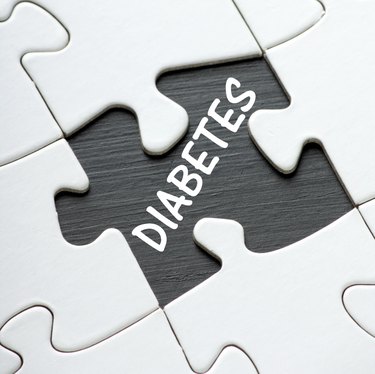
Sodium is important for cell and blood volume regulation; it is the most abundant positively charged ion outside the cell. It is important to maintain an optimal sodium concentration because a sodium imbalance can affect your blood volume. Excess urination causes a change in fluid distribution in the body because it affects sodium concentration in the blood. Any body compartment with high sodium attracts more water; this causes its volume to increase.
Excess Urination Resulting in High Blood Sodium
Video of the Day
When a person makes excess urine for a significant period of time, sodium in the blood increases as a result. Sodium increases because low blood volume is a stimulus for an increase in sodium reabsorption in the kidneys. As excess urination persists and sodium is reabsorbed in the kidneys, the concentration of sodium increases in the blood.
Video of the Day
Excess Sodium Resulting in Increased Urination
Increased dietary sodium intake leads to increases in blood sodium. When blood sodium is increased, there is a redistribution of water from the cells to the blood, thereby, increasing the blood volume. When blood volume is increased, there is increased urine production. Increase blood volume also results in an increase in blood pressure, which is also a stimulus for the kidney to lose some water.
Primary Hyperaldosteronism and Increased Urination
Primary hyperaldosteronism, or excess aldosterone production as a result of a tumor, can cause high blood sodium. Water always follows sodium; if sodium is reabsorbed, then water is reabsorbed, and the opposite is true as well. Initially, in primary hyperaldosteronism there is normal to low urine output because increased sodium reabsorption favors water reabsorption; eventually, when there is an increased concentration of sodium and blood volume, the kidneys lose their ability to reabsorb sodium.
Low Sodium and Excess Urination
High blood sugar causes a pseudo-hyponatremia, or the effect of low sodium concentration, as a result of an increase in the concentration of another molecule such as glucose. In diabetes, the high concentration of glucose masks that of sodium; diabetes is also associated with excess urination because the concentration of blood glucose exceeds the kidneys' capacity for glucose reabsorption. Glucose also behaves like sodium, in that when glucose is lost, water is lost as well.